Hong Kong’s democrats have gained control of 17 out of the city’s 18 district councils following Sunday’s landslide election.
It marks a landslide when compared to the last election in 2015, when the opposition camp failed to win any district council.
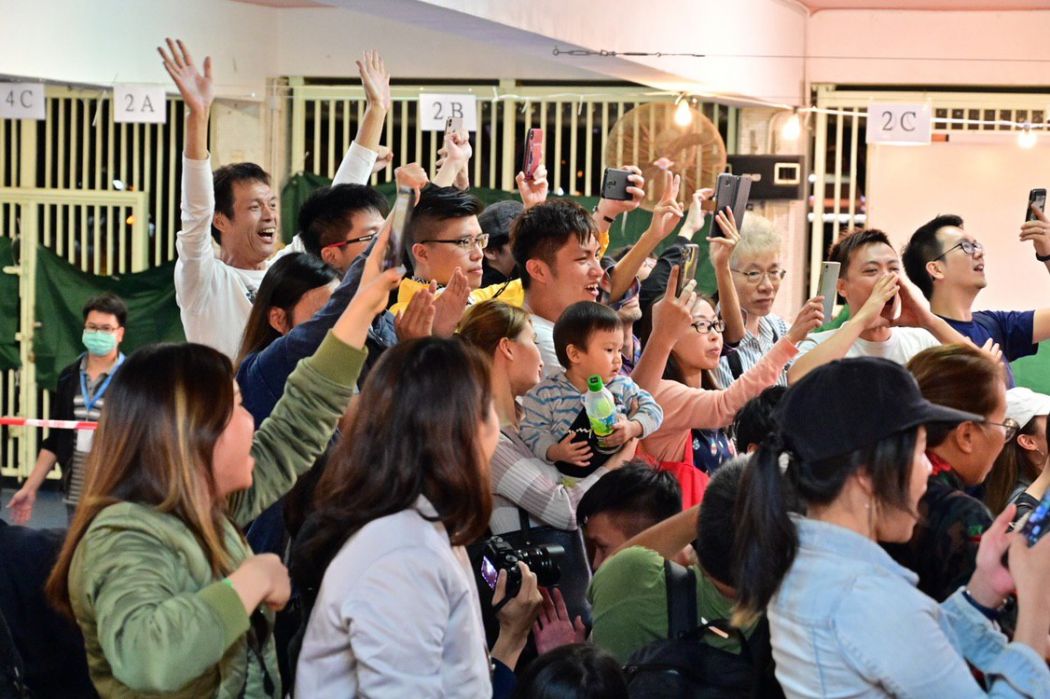
The election saw a record high 71.2 per cent turnout rate with around 2.94 million people casting their ballot. The democrats won slightly less than 60 per cent of the votes but – as the election was conducted under the first-past-the-post system – they won close to 400 out of the 452 seats. The pro-Beijing camp only won 58 seats.
The democrats now have majority control in almost all areas except the Islands District Council, where they won seven seats, and the pro-Beijing camp obtained 11 seats. Eight of the seats in the Islands District belong to ex-officio members, which were not included in Sunday’s election.
With the overwhelming majority that democrats obtained, they will also gain all 117 of the District Councillor seats in the chief executive election committee because of its winner-takes-all rule. It will further increase the power of democrats inside the committee. The opposition camp are also destined to gain the District Council (First) seat in the Legislative Council next year, when the election takes place.
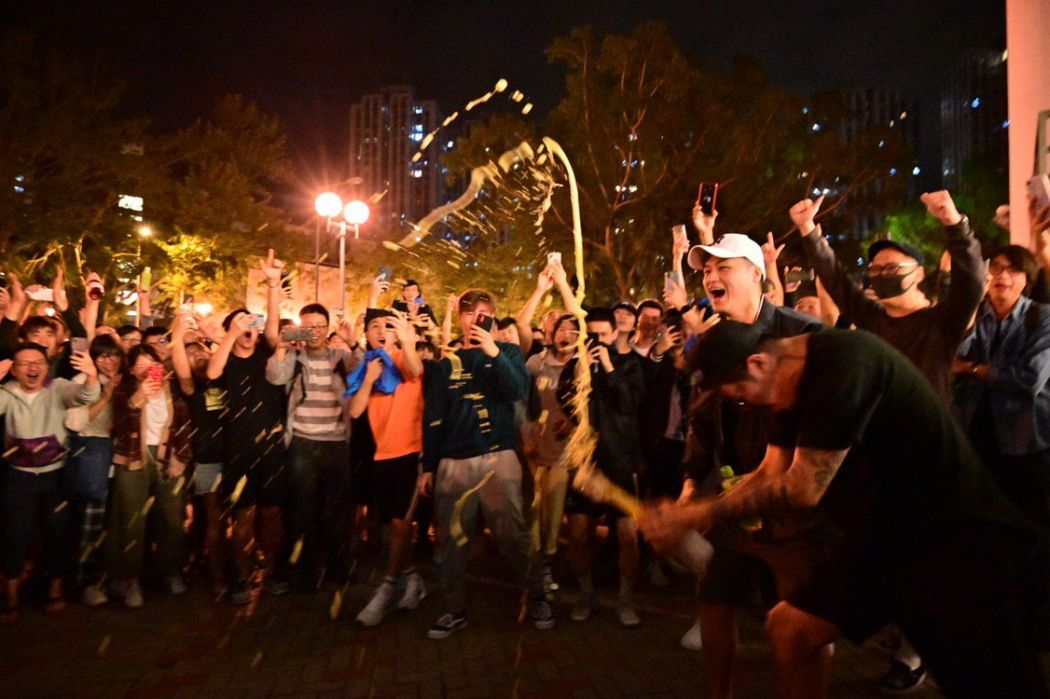
The election came after five months of large scale protests originally against a now-withdrawn extradition law. The movement has evolved into wider calls for democracy and accountability over the police use of force.
Chief Executive Carrie Lam said the Hong Kong government respected the election results.
“I noticed that the public have much analysis and interpretations over the results, and many pointed out that the results reflected the disappointment over the social situation and deep problems. The SAR government will humbly listen to the public and reflect thoroughly,” she said in a statement.
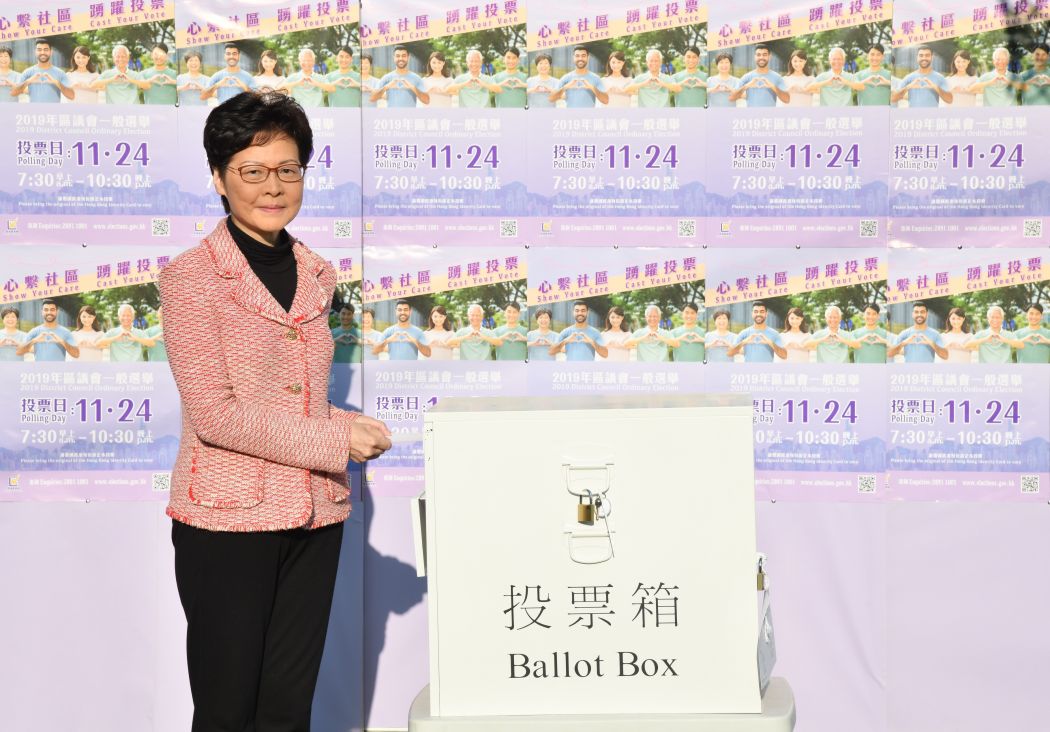
The Democratic Party is the big winner of the election, winning 91 seats after fielding 99 candidates.
The party’s chair Wu Chi-wai said that the Hong Kong government should look at the result closely.
“The split in society has to be carefully handled,” he said.
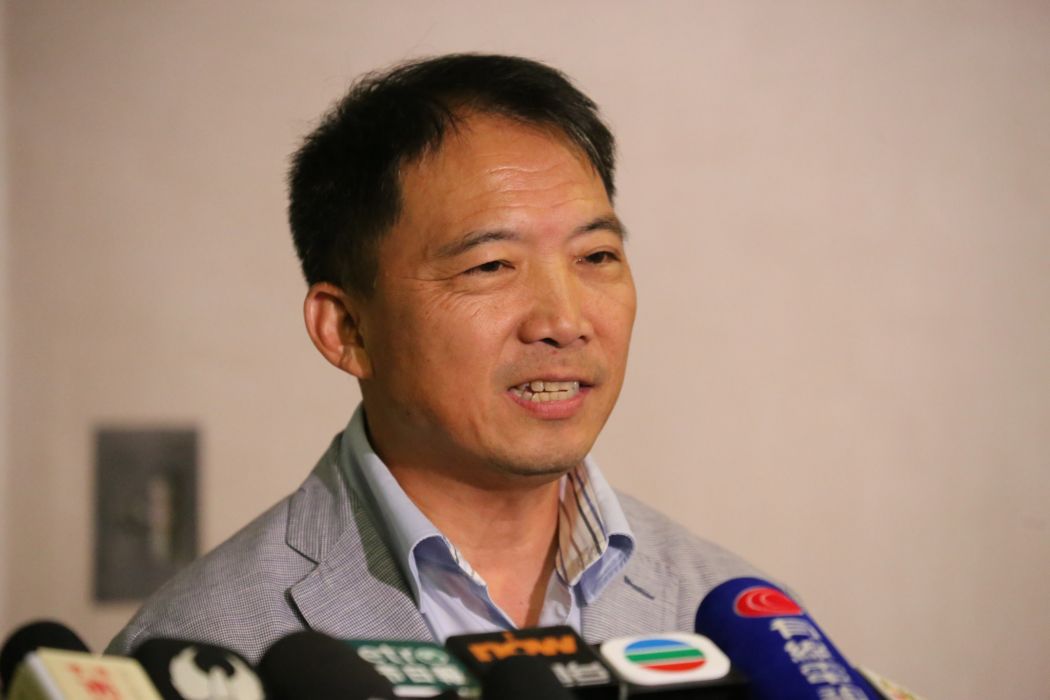
Wu said Hong Kong residents used peaceful means to express their views.
“We do not accept Hong Kong becoming a police state and an authoritarian city,” he said.
Pro-Beijing camp pummelled
The Democratic Alliance for the Betterment and Progress of Hong Kong, meanwhile, suffered a major defeat. The city’s largest pro-Beijing party fielded 181 candidates, but only won 21 seats.
Party chair Starry Lee bowed in apology to voters who supported them on Monday. Lee said she had asked to resign from the party’s central committee, but the party did not accept her resignation.
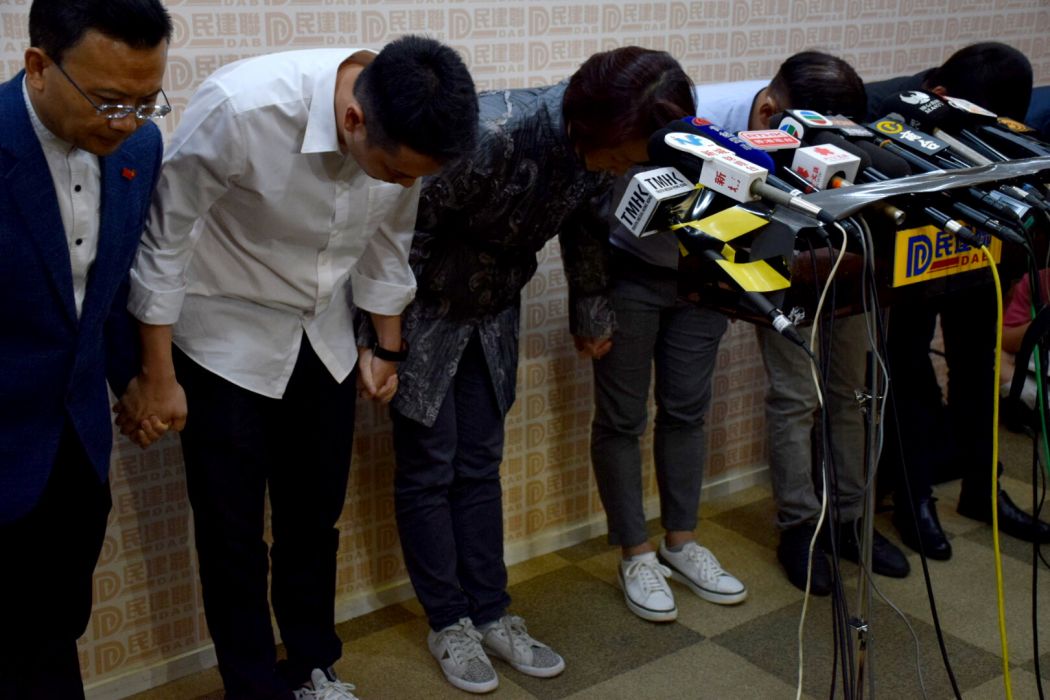
“We understand that residents feel discontent over the current social situation, and we respect and accept this election result,” she said.
Lee highlighted cases of her party’s election materials being damaged and volunteers being afraid to canvass votes owing to harassment and doxxing by other people.
“We hope our supporters will not be disappointed and will continue to speak out,” she said.
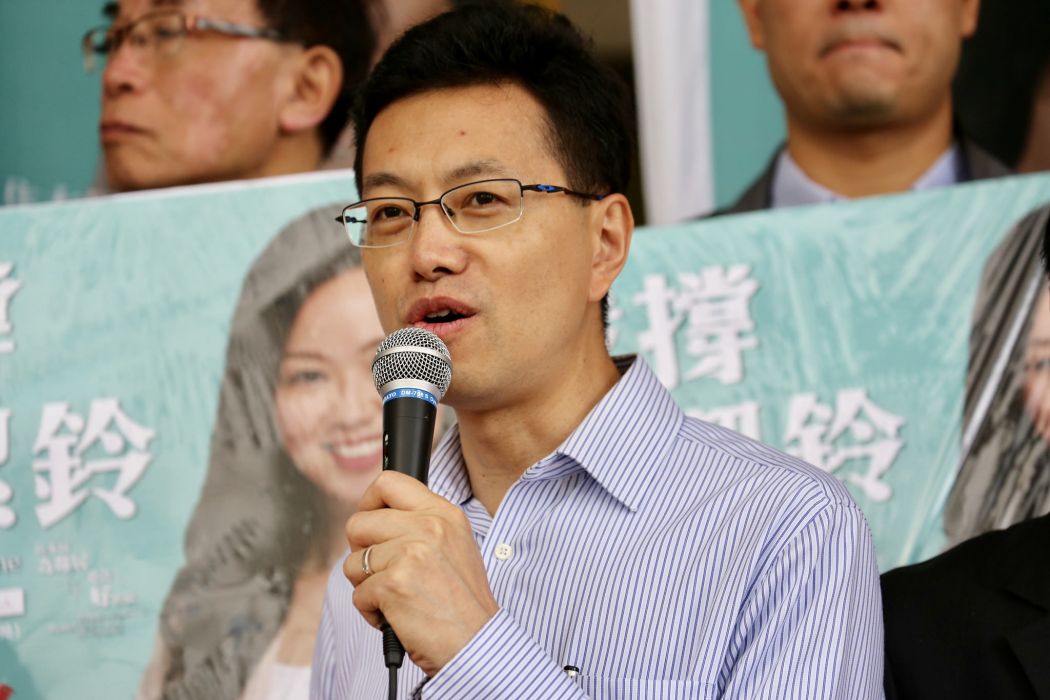
The pro-Beijing Federation of Trade Unions, another major party, only obtained four seats after fielding 62 candidates.
FTU President Stanley Ng said the result was not ideal, as he blamed the overall political environment.
“The election was conducted under a very unfair situation – under a black terror and riotous environment,” he said, referring to violent protesters.
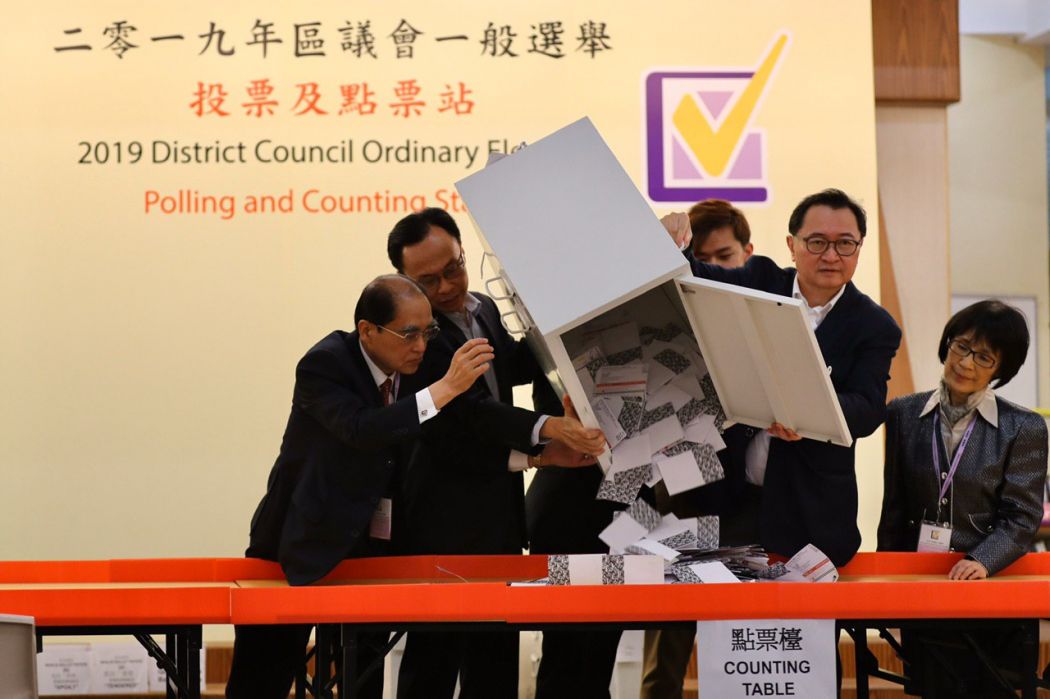
Electoral Affairs Commission Chair Barnabas Fung said 7,460 complaints were filed over the election.
“Overall, the election was conducted very smoothly,” Fung, also a judge, said.
Some democrats lost by a very small margin. At Ping Shan North constituency in Yuen Long, democrat Dream Law received 2,219 votes and his opponent Young Ka-on gained 2,221 votes.
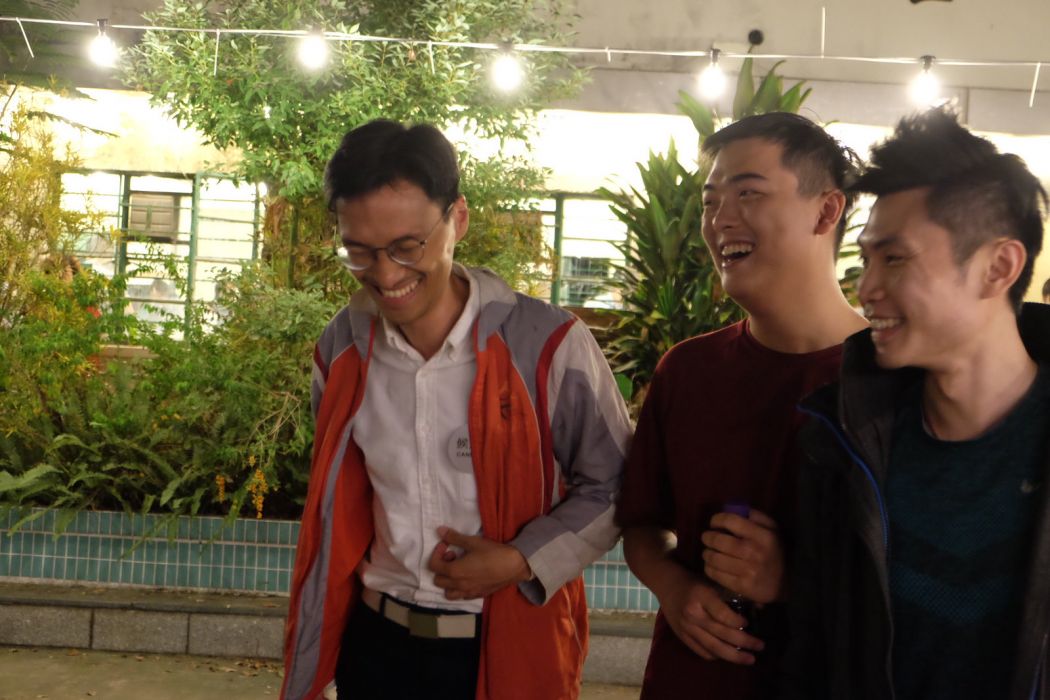
The Democratic Party’s Li Shee-lin lost by three votes in the 2015 election at Wah Fu South constituency of the Southern District. But Li won on Sunday with 3,121 votes, beating Wong Choi-lap with 2,478 votes.
In the Shing Fuk constituency in North District, two democrats lost to a pro-Beijing candidate. Social worker Hendrick Lui received 2,656 votes, and Neo Democrats member Wong Leung-hi won 1,754 votes. However, their opponent Warwick Wan won with 3,181 votes.
Pro-democracy lawmaker Eddie Chu also lost at the Pat Heung South constituency in Yuen Long. He received 3,345 votes. Opponent Jo Chui obtained 41 votes, whilst winner Lai Wing-tim received 3,799 votes.
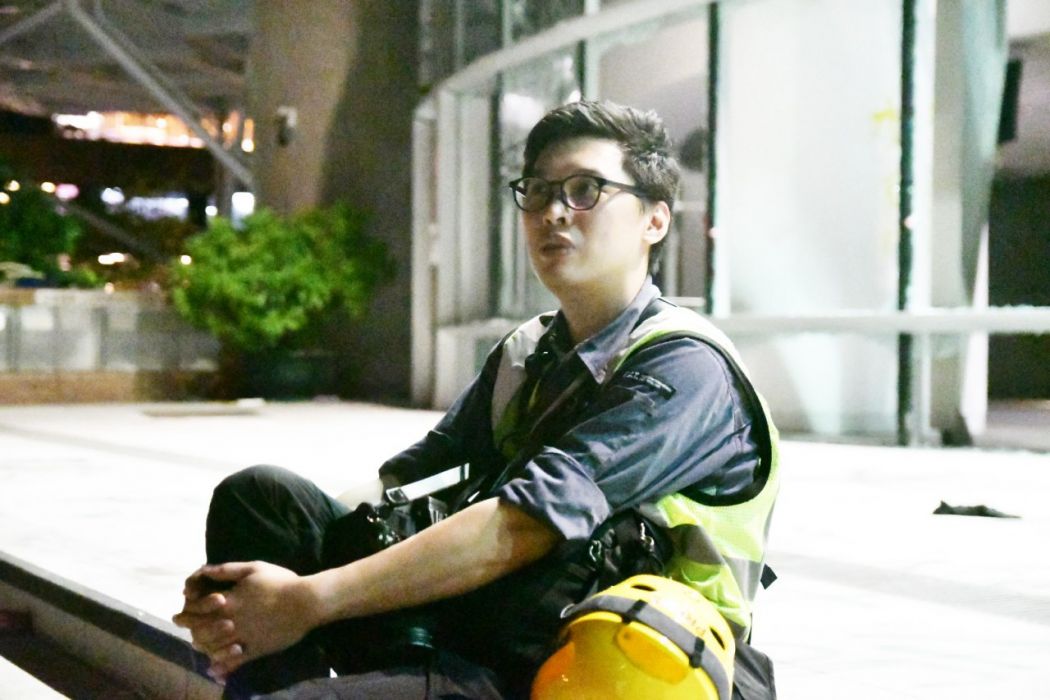
Pro-democracy candidate Leung Pak-kin won with 1,723 votes, beating Kenny Lee with 1,625 votes. Leung has been staying within the largely abandoned Hong Kong Polytechnic University in the capacity as a journalist for Rice Post for the past ten days. The campus in Hung Hom was the site of fierce protest battles last week, as police deemed the situation a “riot” and made over 1,000 arrests.
Leung told In-Media that he will stay on the campus: “We have not won yet. There are kids here still.”
A group of election winners has said they will rally outside the university on Monday afternoon.
Hong Kong Free Press relies on direct reader support. Help safeguard independent journalism and press freedom as we invest more in freelancers, overtime, safety gear & insurance during this summer’s protests. 10 ways to support us.

